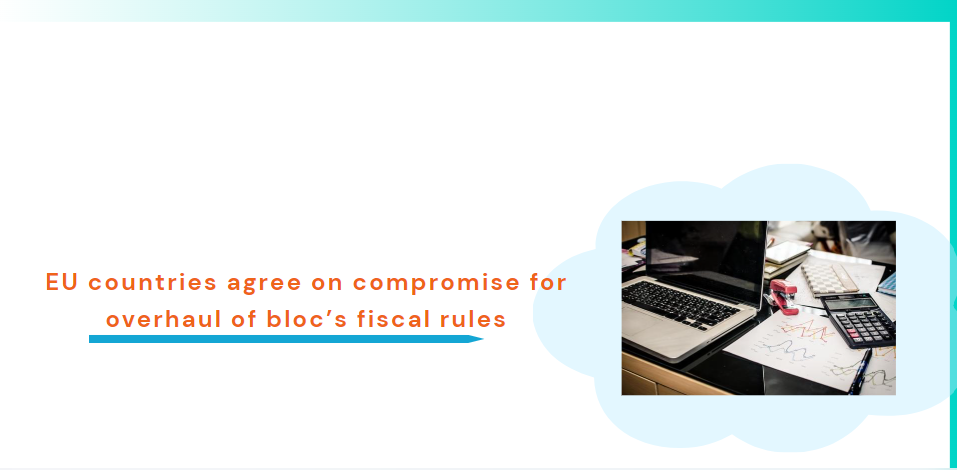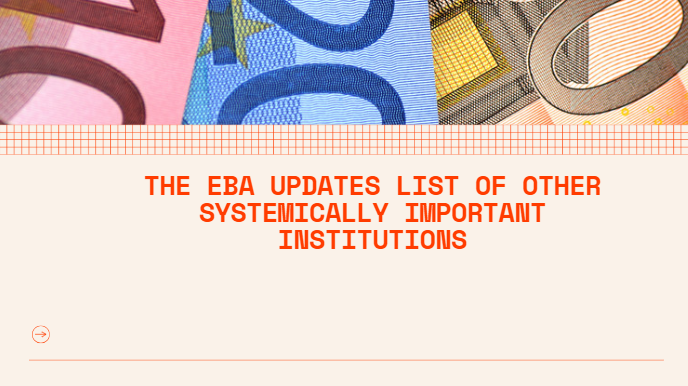The Essence of Efficiency: Key Takeaways from the European Supervisors' Meeting
Keynote speech
In the heart of Europe, a gathering of financial minds convened in Ljubljana, Slovenia, to chart the course for a more efficient and effective financial regulatory framework. The high-level meeting for European Supervisors, organized by the BCBS, BSCEE, and FSI, was a pivotal moment, where the future of EU financial regulation was discussed with clarity and vision. Here are the key takeaways from this significant event, distilled into the essence of what lies ahead for the European financial landscape.
The Quest for Efficiency
At the core of the discussions was the pursuit of efficiency in financial regulation. The European Banking Authority (EBA) emphasized that the goal is not merely to reduce regulations but to implement them in the most effective and streamlined manner possible. This approach is crucial in a world where complexity can often hinder progress. The EBA's focus on efficiency is a testament to the need for a regulatory framework that supports innovation and growth while maintaining stability.
Learning from the Past
The lessons from the global financial crisis (GFC) were a recurring theme. The regulatory reforms that followed have significantly bolstered the resilience of the banking sector. Banks now operate with higher capital requirements, improved risk management practices, and stronger governance. These reforms have proven their worth by making financial markets more resilient to recent shocks. The EBA's stance is clear: while there is no appetite for deregulation, there is a strong commitment to ensuring that existing regulations are implemented efficiently.
Streamlining the Regulatory Landscape
The EBA has been at the forefront of efforts to simplify and streamline the regulatory framework. Initiatives such as the establishment of an Advisory Committee on Proportionality and the development of an investment firms' framework are steps in the right direction. These measures aim to address the specific needs of different types of financial institutions, ensuring that regulations are proportionate and effective.
Reporting and Data Management
The burden of regulatory reporting was a key point of discussion. The EBA has been proactive in reducing this burden, with commitments to cut reporting requirements by 15% and explore the feasibility of a single reporting framework within the EU. These efforts are part of a broader strategy to ensure that regulatory reporting is up-to-date, well-justified, and proportional. The goal is to make the reporting process more efficient without compromising on the quality and relevance of the data collected.
Looking Ahead
The future of EU financial regulation hinges on a delicate balance between maintaining robust safeguards and fostering an environment that supports innovation and growth. The EBA's ongoing efforts to review and streamline regulatory mandates, prioritize mandates, and reduce reporting burdens are crucial steps in this direction. The focus on efficiency is not just about reducing regulations but about ensuring that they are implemented in a way that maximizes their impact.
Conclusion
As the financial world continues to evolve, the lessons from Ljubljana serve as a guiding light. The pursuit of efficiency in financial regulation is not just a regulatory exercise; it is a commitment to fostering a resilient, innovative, and competitive financial sector. The EBA's efforts to streamline and simplify the regulatory framework are a testament to this vision. For financial institutions and regulators alike, the path forward is clear: embrace efficiency, learn from the past, and strive for a regulatory environment that supports sustainable growth.
In the end, the quest for efficiency is not just about reducing the burden of regulations; it is about creating a regulatory landscape that is both robust and adaptable. This is the essence of what was discussed in Ljubljana, and it is the foundation upon which the future of EU financial regulation will be built.






















































First, please LoginComment After ~